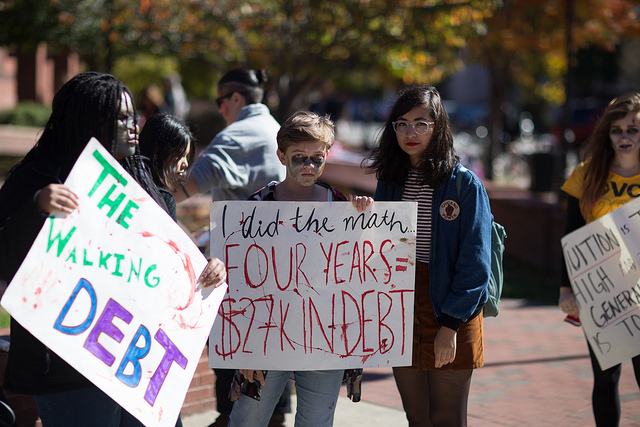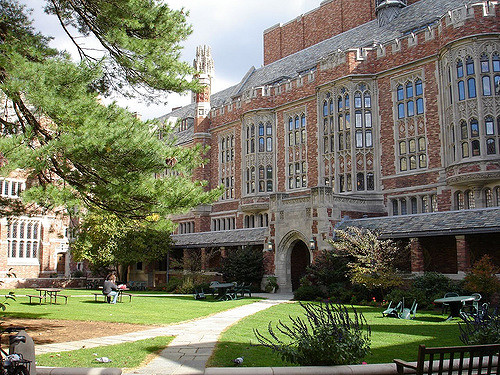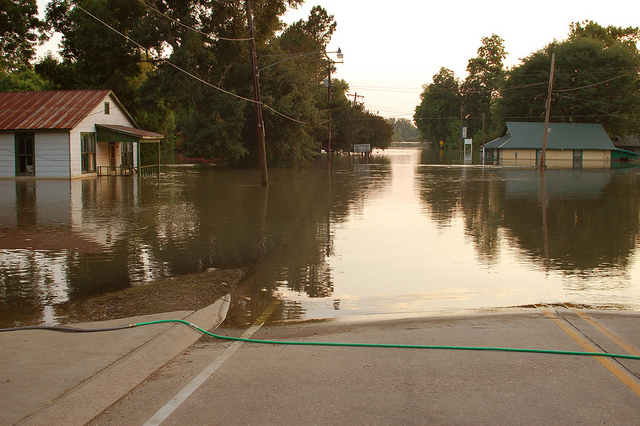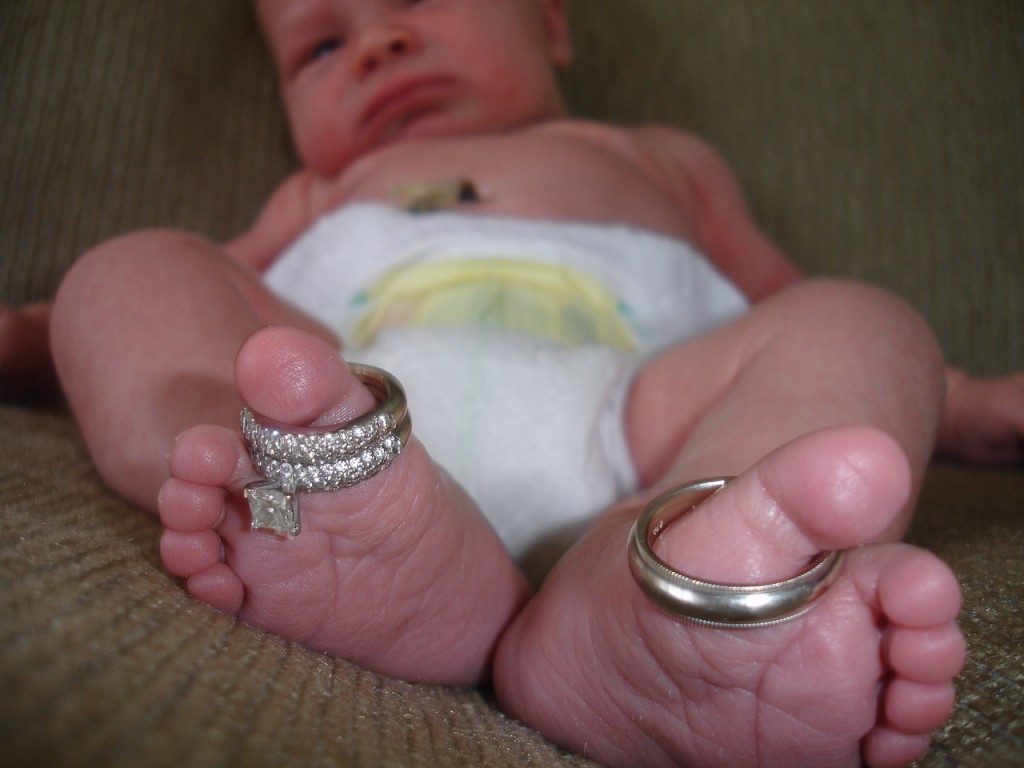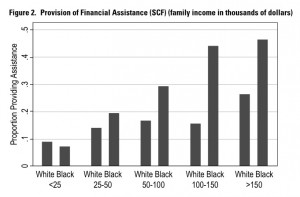
In our current era defined by financial crises and the Panama Papers, the ultra-rich have taken extra steps to keep their private lives off the radar. When sociologist Brooke Harrington began to inquire into their secrets — through interviews with wealth managers who specialize in protecting the fortunes of the world’s richest people — she discovered not only how the rich keep getting richer, but also how they spend their limitless fortunes. In a vivid account of her research in The Guardian, she explains that the rich not only rely on wealth managers to preserve and expand their fortunes, but also to cover up drug addictions, promiscuous behavior, secret love affairs, and laziness at work. Her interviews highlight how behaviors that are often associated as ‘pathologies’ of the poor are considered to be mere ‘eccentricities’ among the rich. Harrington expands further,
“Behaviors indulged in the rich are not just condemned in the poor, but used as a justification to punish them, denying them access to resources that keep them alive, such as healthcare and food assistance.”
Her findings also reveal how the ultra-rich take advantage of conditions that would mean life-threatening experiences for people in poverty. For instance, having no-fixed residence exposes the poor to a high risk of homelessness and forced migration. The ultra-rich, on the other hand, can acquire different residences and nationalities from varying countries with ease. And this ‘homeless’ status actually allows them to avoid the taxation of their fortunes. As one of Harrington’s interviewees, an extremely wealthy businessman, declares:
“I am not tax resident anywhere. The tax man says ‘show me a utility bill’, and the only utility bill I can present is for the house I own in Thailand, and it’s in a language that the European authorities aren’t familiar with. With all the mobility going on in the world, international marriages, governments can’t keep up with people.”
In sum, Harrington’s research shows that we often stigmatize and punish the poor for behaviors that the rich can easily get away with, and that this deception and lack of accountability may have long-lasting impacts for income inequality in the United States.

